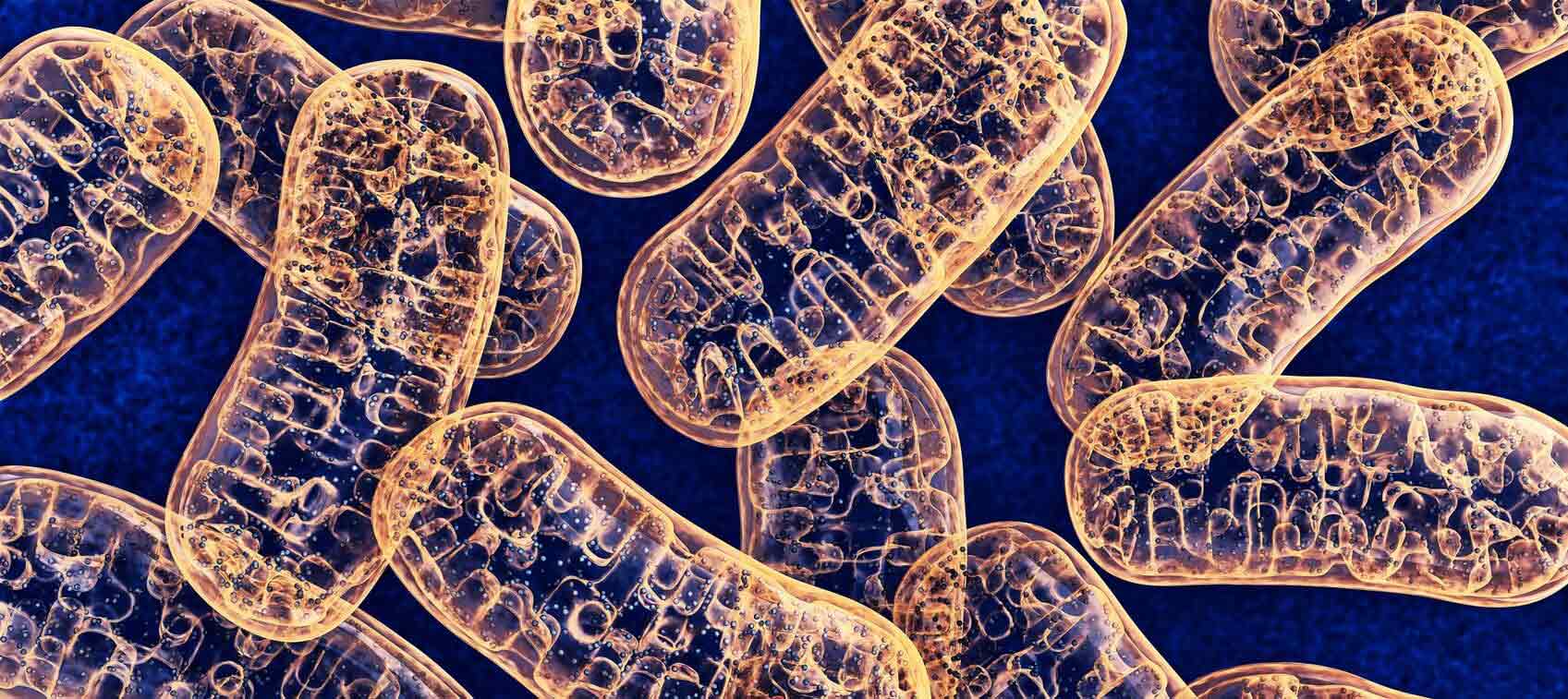
Loss of energy is a common sign of aging and disease. Muscles weaken and atrophy. The heart loses its ability to efficiently pump blood. Memory falters, and organ systems go on the blink. You feel tired and sluggish, both physically and mentally, as if your get-up-and-go has got up and gone.
What’s happening is that your mitochondria, the powerhouses located in each of your cells, are unable to keep up with your body’s energy demands. And when this happens, things begin to fall apart.
Fortunately, you don’t have to take this lying down. If you’re feeling fatigued and worn out before your time, there are steps you can take to enhance energy. You may need to correct thyroid and other hormone imbalances. You might have an underlying medical condition or nutritional deficiency that can be addressed. But most important—and regardless of whatever else you do—you can tune up your mitochondria.
Three Steps to Enhancing Energy
- Eat less. Animal studies involving a range of species prove that caloric restriction extends lifespan, and population studies suggest that this holds true for humans as well. When you cut back on food consumption, fewer demands are made on your mitochondria, and production of damaging free radicals declines. This not only enhances mitochondrial efficiency, but also turns on SIRT1 genes, which encode proteins that boost cellular function. The result? Better health and a longer life.
- Exercise more. The stress of physical exercise tunes up existing mitochondria and activates biochemical pathways that stimulate the production of new ones, a phenomenon known as mitochondrial biogenesis. This has been best observed in muscle cells; studies of endurance athletes reveal that their muscles have exceptionally high concentrations of mitochondria. But you don’t have to be a marathon runner to grow new mitochondria. Simply engaging in consistent, moderate aerobic activity stimulates your muscle cells to make this adaptation to increased energy demands.
- Take nutritional supplements that mimic the positive effects of exercise and caloric restriction. One of them is resveratrol, which activates SIRT1 genes—the same ones that are turned on by caloric restriction. SIRT1 activation jump-starts a cascade of positive biochemical reactions that engender mitochondrial function and biogenesis. As a result, resveratrol has been shown to protect against cardiovascular and neurodegenerative diseases, enhance antioxidant status, reduce inflammation, and, in animals, extend lifespan and retard age-related deterioration. I suggest looking for a standardized extract of trans-resveratrol such as ResVinol-25™. It is an ingredient in a number of products available in health food stores and online. The suggested dose is 100–250 mg per day.
Another useful supplement is L-arginine, an amino acid that is the primary precursor of nitric oxide (NO)—one of several biochemical pathways that are powered up by exercise. In addition to its protective effects on the mitochondria, NO is a very powerful vasodilator. It relaxes the arteries, enhances vascular health, improves blood flow, and even boosts sexual function. The suggested dose of L-arginine is 1,000–2,000 mg a day.
Alpha lipoic acid (also called lipoic acid or ALA) is important for promoting mitochondrial biogenesis. ALA also helps with blood sugar and weight control because it stimulates glucose uptake and increases the burning of fatty acids. I recommend 600–1,200 mg of ALA daily.
Last but certainly not least is coenzyme Q10 (CoQ10), an antioxidant present in all cells and particularly concentrated in the mitochondria. CoQ10 participates in the production of adenosine triphosphate (ATP)—the high-energy packets that fuel our minds and bodies—as part of the electron transport chain and also protects the mitochondria against free-radical damage. One of the reasons I’m so opposed to cholesterol-lowering statin drugs is that they interfere with your body’s production of CoQ10 and have disastrous effects on the heart, liver, and brain.
I encourage you to embrace these diet, exercise, and supplement recommendations. They not only boost mitochondrial biogenesis, but also improve cellular function, dampen free-radical production, reduce fat stores, increase lean muscle mass, and slow down age-related deterioration.
What this means for you is more energy, vitality, and endurance; a thinner, more muscular body; reduced risk of disease; improvements in blood pressure, blood sugar, and other health conditions—perhaps even an increased lifespan. The bottom line: You’re only as young as your mitochondria.


